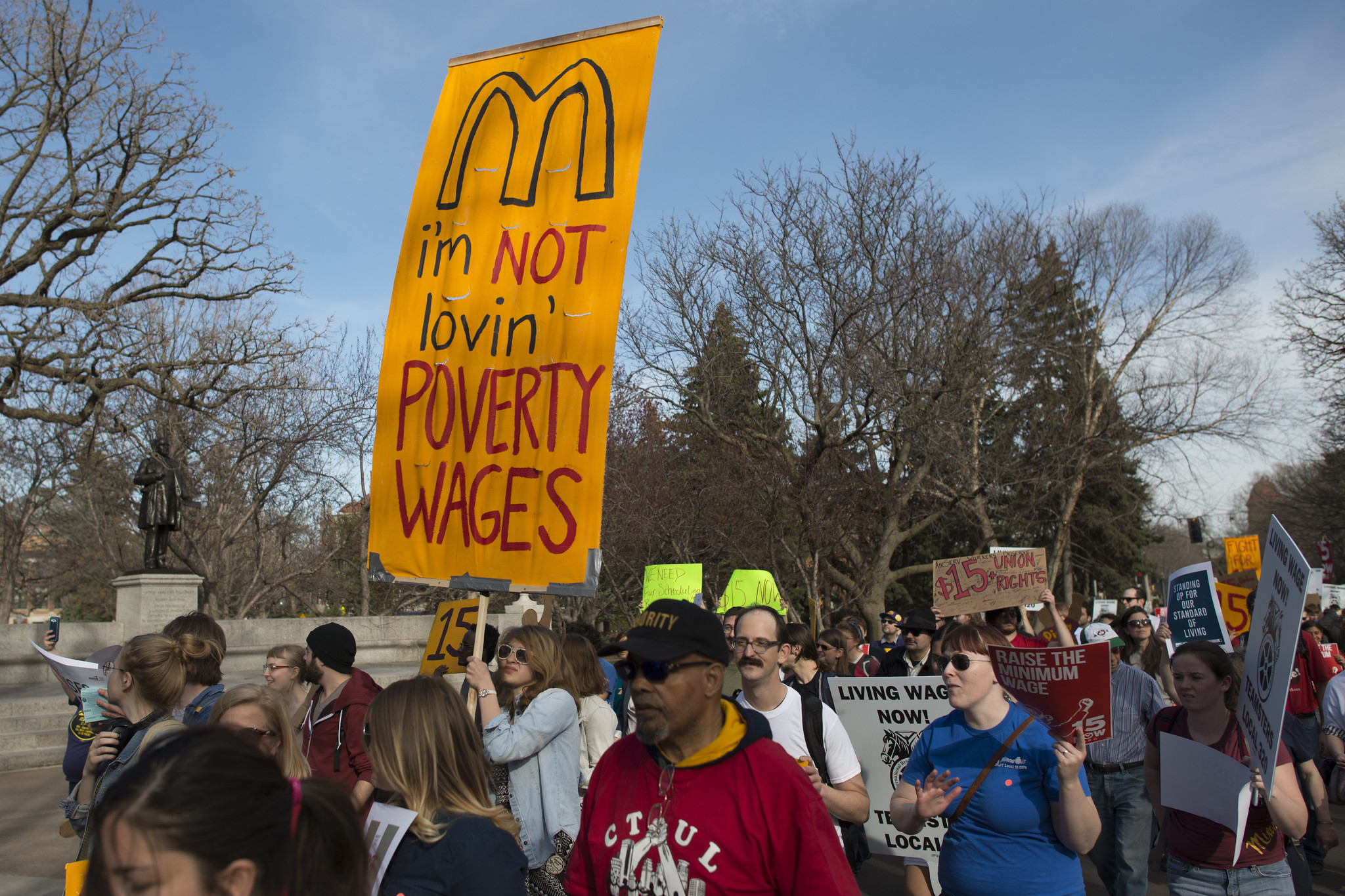SACRAMENTO, Calif. (Transatlantic Today)– On Wednesday, restaurant owners filed a motion to at least momentarily halt a groundbreaking new California law that gives fast food employees more authority.
The owners seek that the final fate of the law rests with the state’s electorate.
Before the law’s critics could start collecting signatures, a group calling itself Protect Neighborhood Restaurants submitted a referendum request to the state attorney general. If enough people voice their opposition, the law that Governor Gavin Newsom passed on Monday, Labor Day, won’t go into force until a majority of California voters approve of it.
According to ABC NEWS, if the law is upheld, it would establish a 10-member Fast Food Committee with equal representation from employers and employees, as well as 2 state officials, who will have the authority to set minimum guidelines for wages, hours, and workplace conditions in California.
The group said that the bill will increase consumer costs, is unnecessary, and will result in “a fractured economy” with various laws for various kinds of eateries. The National Restaurant Association and the International Franchise Association are co-chairing the coalition, but according to its organizers, it also includes customers, restaurant owners, small business owners, staff, franchisees, and community-based groups.
According to the report, Democratic Governor Gavin Newsom signed the legislation despite the advice of his own Finance Department “to appease special interest parties and organized labor.”
Requests for response from Newsom’s office were repeatedly ignored.
The restaurant chains, according to Service Employees International Union California President David Huerta, “are attempting to overthrow cooks and cashiers’ historic victory.”
The opponents remained mum when asked if they planned to run in this November’s election or in 2024.
In contrast to ballot initiatives, which aim to establish laws, referendums, which aim to reverse legislation, have different rules. With a streamlined procedure, they could appear on the ballot up to a month before the vote. In contrast, proposals need to be approved 131 days in advance.
However, the opponents would need to collect more than 600,000 signatures in the next several weeks, or 5% of the votes voted for all candidates for governor in the 2018 election, to be included on the November ballot. If opponents use the entire 90 days allocated to them to gather signatures, the referendum would be far more likely to be put before voters in November 2024, with the legislation being suspended until the outcome of the vote.


























